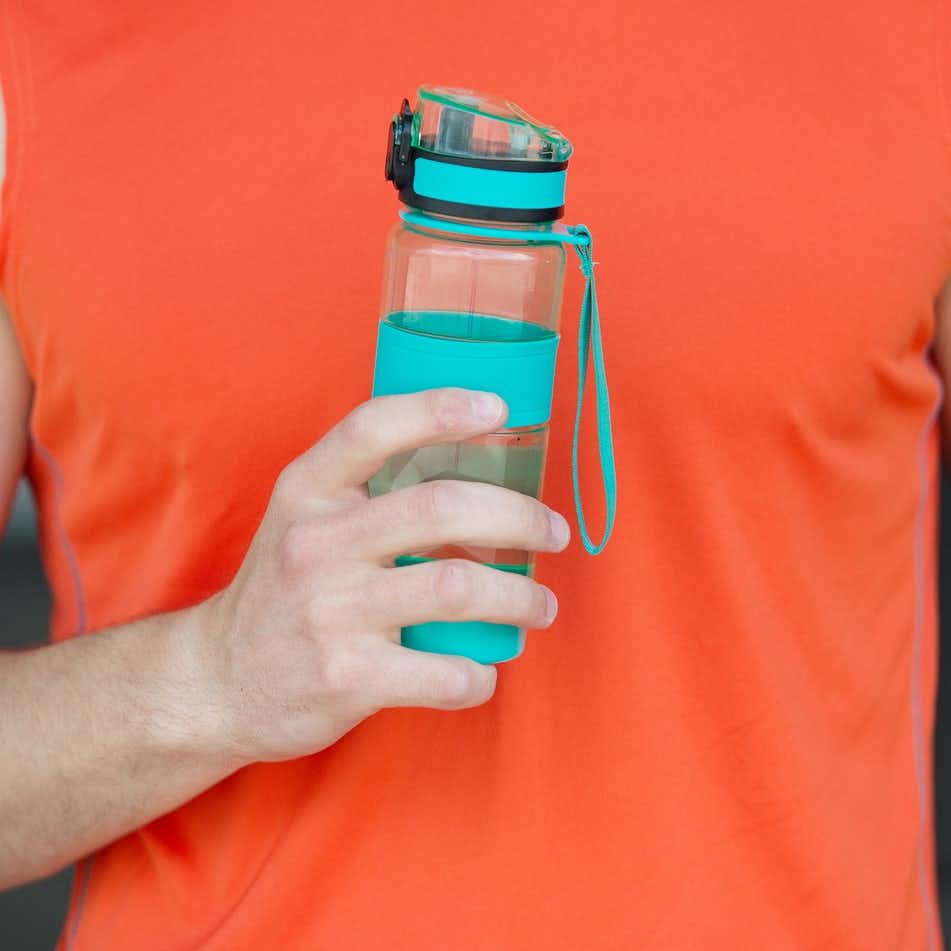
Over the last few decades, scientists have identified a large number of compounds that can mimic hormones like estrogen. These endocrine disruptors include bisphenol A, also known as BPA. Scientists have evidence that this compound disrupts hormone function and reproduction in animals. The consequences are obesity, infertility and increased rates of cancer (Nature Reviews Endocrinology, online, May 25, 2010). As a result, consumers have demanded BPA-free baby bottles and sports containers. Many manufacturers have started using BPA substitutes such as bisphenol S (BPS).
How Safe Are the BPA Substitutes?
A new study demonstrates that some of the chemicals used instead of BPA may have the same negative effects in laboratory animals (Current Biology, online Sept. 13, 2018). Dr. Patricia Hunt and her colleagues found that when pregnant mice are exposed to either BPA or BPS, the female fetuses have more chromosomal abnormalities than those whose dams were exposed to a placebo compound. When newborn male mice were exposed, they had damage to the chromosomes in their sperm.
The chromosomal abnormalities persisted in subsequent generations of mice. Whether these endocrine disruptors have the same effects on humans is not yet known, but the research does suggest that “BPA-free” may not be a guarantee of safety.
BPA-Free Cans for Soup?
Water bottles and other hard clear plastic containers are not the only source of BPA in our food. Manufacturers of canned foods are working on BPA substitutes as well. Here’s why:
Eating canned soup raises levels of BPA in the body (JAMA, Nov. 23/30, 2011). Canned soup has enjoyed a reputation as a healthful hot food for decades, but research from the Harvard School of Public Health suggests that canned soup may have an unanticipated ingredient. Cans for food are usually lined with a plastic resin containing BPA.
Before the study, scientists didn’t know whether the BPA would be absorbed into the body. In the study, 75 volunteers ate either freshly made vegetable soup or canned vegetable soup for five days. Their urine was tested for BPA levels. After consuming canned soup, volunteers had urinary levels of BPA that were 20 times higher than after eating home-made soup.
Previous concerns over BPA levels focused on baby bottles and hard clear plastic water bottles. As a result of this research, parents may need to think about the safety of canned foods as well. Campbell Soup Company pledged that its products would be BPA-free by now. The questions about BPA substitutes may still give parents pause.
Making soup from scratch may be more time-consuming but the peace of mind it provides could be worth the effort.

